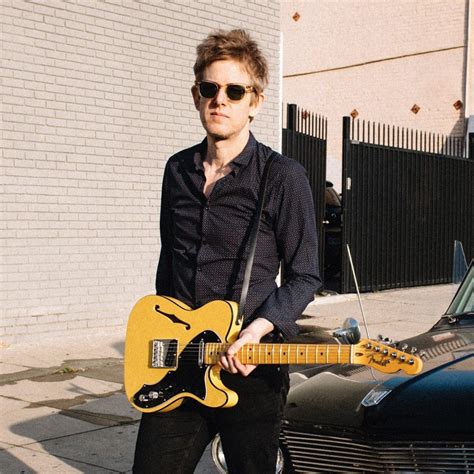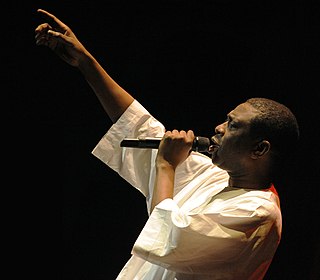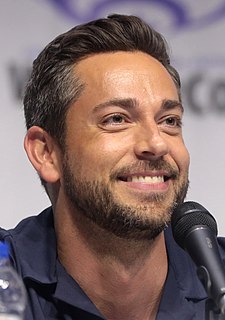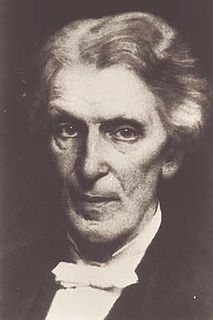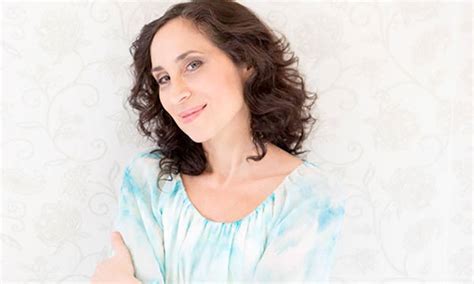A Quote by Christopher Hitchens
I suppose that one reason I have always detested religion is its sly tendency to insinuate the idea that the universe is designed with 'you' in mind or, even worse, that there is a divine plan into which one fits whether one knows it or not. This kind of modesty is too arrogant for me.
Related Quotes
The foremost reason that happiness is so hard to achieve is that the universe was not designed with the comfort of human beings in mind...It seems that every time a pressing danger is avoided a new and more sophisticated threat appears on the horizon...Whether we are happy depends on inner harmony, not on the controls we are able to exert over the great forces of the universe
[Religion] attacks us in our deepest integrity - the core of our self-respect. Religion says that we would not know right from wrong, we would not know an evil, wicked act from a decent human act without divine permission, without divine authority or without, even worse, either the fear of a divine punishment or the hope of a divine reward. It strips us of the right to make our own determination, as all humans always have, about what is and what is not a right human action.
I feel really - actually - quite terrified about the world as it now exists. The kind of sucking the world dry for a dollar seems to me to be even worse (though it was hard for me to imagine 30 years ago that it could get worse) and the idea that bling and profit over human beings is really more and more a credible idea; people don't even examine it with any kind of question: I find that really terrifying.
There is a plan, it seems to me, that reaches out of the electron to the rim of the universe and what this plan may be or how it came about is beyond my feeble intellect. But if we are looking for something on which to pin our faith- and, indeed, our hope- the plan might well be it. I think we have thought too small and have been too afraid.
Our universe cannot even be stated symbolically. And this touches us all more directly than one might suppose. For example, artists, who have been very little influenced by social systems, have always responded instinctively to latent assumptions about the shape of the universe. The incomprehensibility of our new cosmos seems to me, ultimately, to be the reason for the chaos of modern art.
My understanding of religion and science is that they're both arrogant schools of thought, and whether they acknowledge it or not they continually broadcast the idea that they have the world figured out. And what they don't know, they have a theory for which is probably correct. It feels like that shrinks the world, rather than expands it.
My family was always very supportive. Whether you're an actor or not, everybody hears the horror stories of people going to L.A. and trying to be an actor, and their dreams are crushed, and they end up working for the IRS. So they were always protective to the point that they wanted me to have a backup plan, which is understandable, but there was always something inside of me that knew: backup plan, schmackup plan.
Plays are literature: the word, the idea. Film is much more like the form in which we dream - in action and images (Television is furniture). I think a great play can only be a play. It fits the stage better than it fits the screen. Some stories insist on being film, can't be contained on stage. In the end, all writing serves to answer the same question: Why are we alive? And the form the question takes - play, film, novel - is dictated, I suppose, by whether its story is driven by character or place.
Comfort is not where you grow. You grow in conflict, easy to say but hard to do. Adversity's greatest gain is I grow closer to Christ and still understand that God's in control and He always knows my situation. It's not too big for Him. And He has a plan for me. But sometimes the plan's not exactly what I want. But the plan is hopefully, to influence other people for eternity as they watch me go through that situation.
Spirituality is the master key of the Indian mind. It is this dominant inclination of India which gives character to all the expressions of her culture. In fact, they have grown out of her inborn spiritual tendency of which her religion is a natural out flowering. The Indian mind has always realized that the Supreme is the Infinite and perceived that to the soul in Nature the Infinite must always present itself in an infinite variety of aspects.

